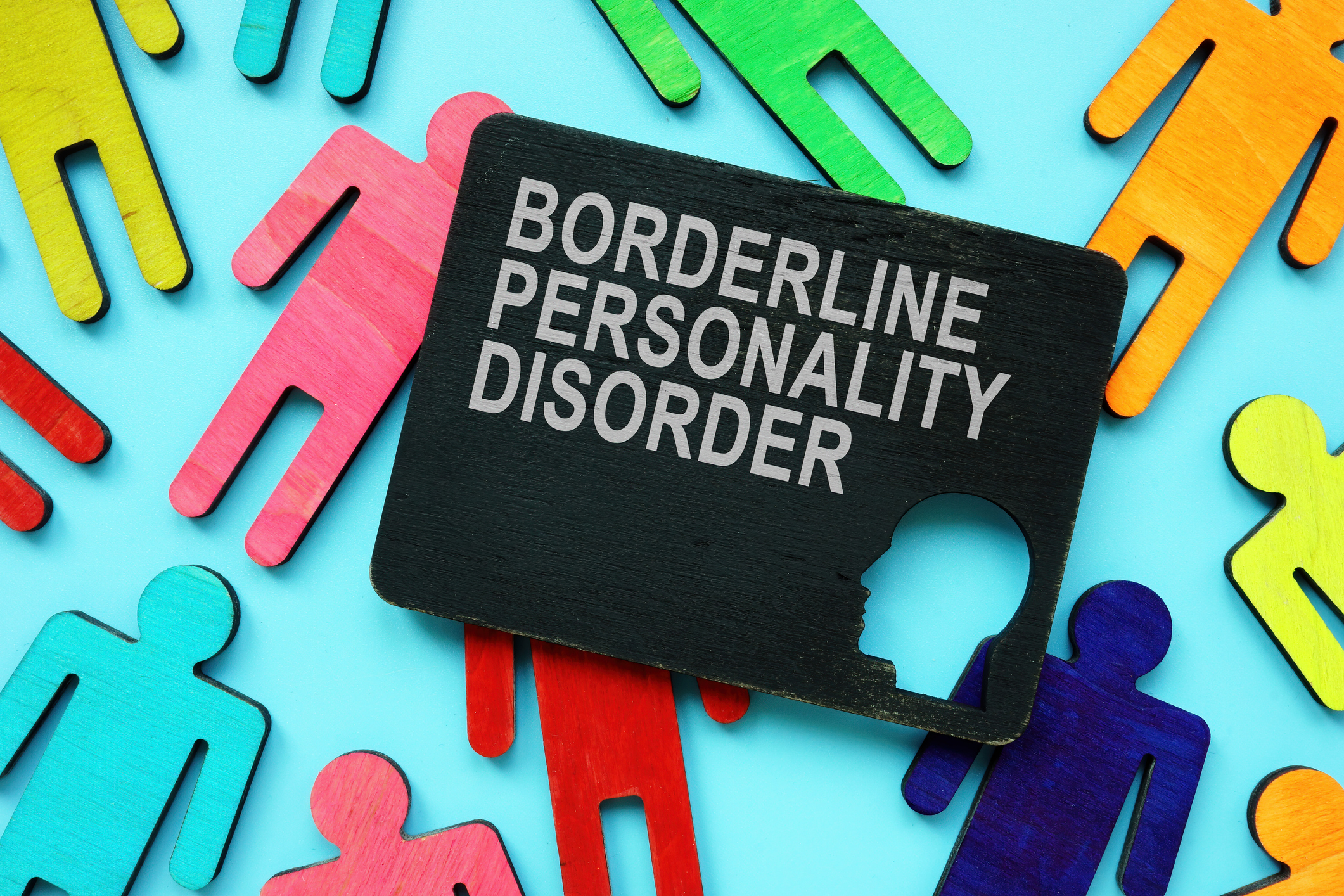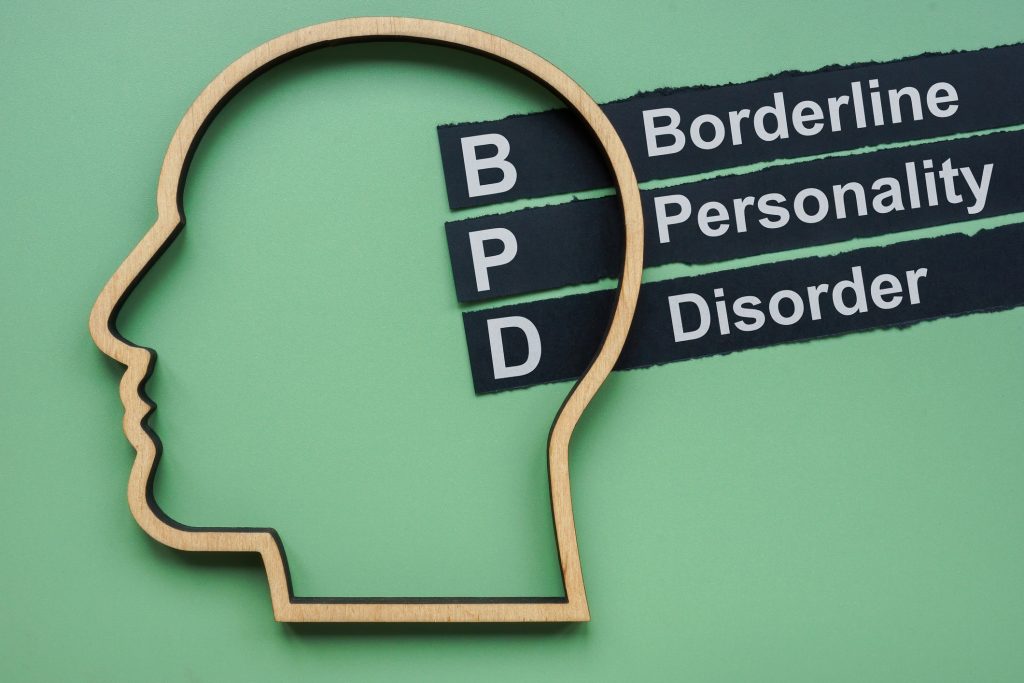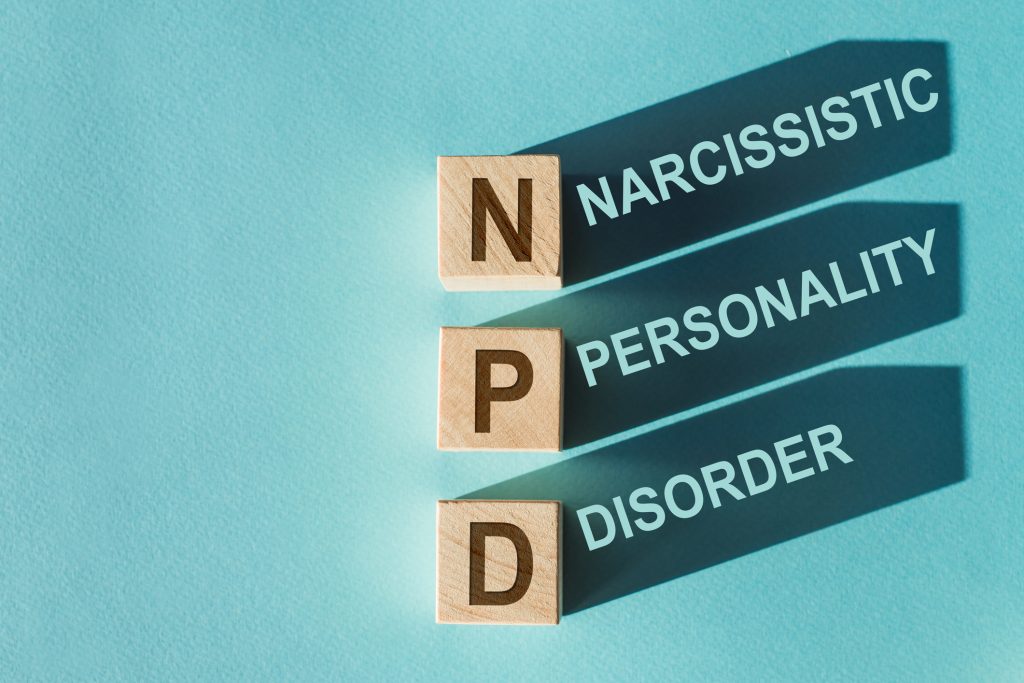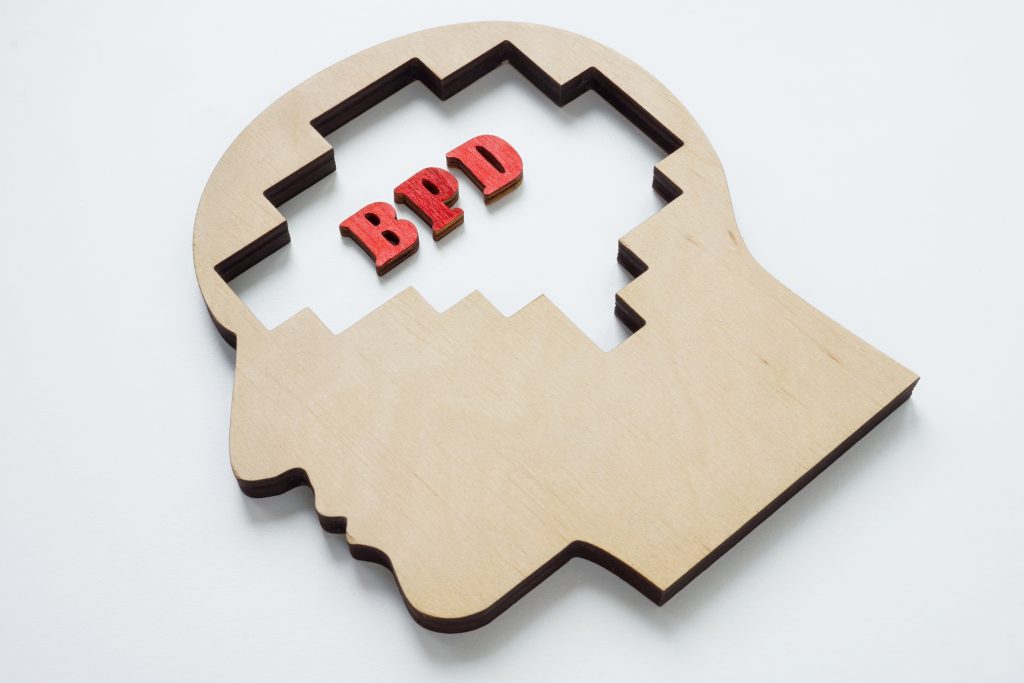
BPD is Not a Mental Illness in the Way You Think It Is
By Jules Pechersky
Lying on the stretcher, I saw figures and faces emerge around me; I recall them wearing doctors’ coats, but that couldn’t be right; they were paramedics. As my head turned around to take in the distorted world, I felt distinctly that I was in a video game and had received the bad ending. The paramedics moved calmly, fulfilling their duties. It was embarrassing to have tried to die, knowing that there was no chance.
After all, swallowing a bottle of dextroamphetamine (Dexedrine) would never be enough to kill you. If you look at the right websites, they will tell you that swallowing pills has a 90% chance of failure. They also give you alternate methods that look like too much work — nitrogen gas, a gun, jumping off a building. It just felt awkward, too much, making a scene of it.
After my stunt, I spent two weeks in the inpatient unit while they figured out what was wrong with me. They diagnosed me with many three to four-letter acronyms, but the first one surprised me. BPD. Borderline personality disorder.
“I don’t think that’s right,” I said, closing off, sinking into the chair. BPD was for crazy and toxic people. People who ruined lives. But all of my animosity was directed towards myself, never others.
BPD is widely regarded as the most stigmatized mental disorder.
People with it are thought to be highly toxic, manipulative, and unstable. But it’s not commonly known that you can have BPD and display more ‘quiet’ symptoms, directed only towards yourself. The core symptom of instability remains the same, but the outward manifestation of ‘quiet’ BPD is much harder to notice and diagnose. People with BPD, like me, experience extreme emotions in reaction to minute changes in their environment, their moods switching rapidly many times a day. They have an unstable identity and cope with their emotional suffering using unhealthy behaviors.
The hallmark instability of BPD heavily extends to BPD relationships. For example, enmeshment is a much more common phenomenon in BPD relationships (whether you have it or whether you’re with someone who has BPD).
Enmeshment happens because people with BPD have an unstable identity and tend to idealize their partners excessively. This can lead them to restructure their lives around their partners, spend all their time with them, rely only on them for emotional support, and feel like they have no meaning outside their partner.
Meanwhile, people in relationships with someone with BPD can feel exhausted. They may think that if they don’t provide their partner with constant, intensive support, their partner will engage in dangerous and self-destructive behaviors. They can feel drained, as though they have no life, and their life entirely revolves around their partner’s emotional states.
Here’s what no one told me (or likely you) about BPD. Although I’d heard of BPD countless times before, and even dated someone with BPD in my adolescence, I only found out about this shortly after tweaking out in a hospital bed.
BPD is not permanent and is not a mental illness in the same way that depression or schizophrenia is.
I learned that the BPD diagnosis is a cluster of harmful frames of thinking, feeling, and acting that can be unlearned with therapy. The sharply distorted BPD mental model can be unlearned in place of a healthy, realistic, and even joyful experience of reality.
Marsha Linehan, an ex-BPD patient, developed a sage and practical system for BPD called DBT. DBT has valuable skills and frameworks that actively create change. It consists of individual and group therapy and takes about 6 months to a year to complete a full cycle. I am now working through DBT and am excited by the changes in myself and other BPD patients that I’ve seen recover.
Once a patient with BPD experiences at least one complete cycle of DBT therapy and no longer displays BPD traits, they are in remission. Although BPD is a challenging disorder to live with or live around (if you have loved ones with it), we live in a lucky time where someone has already developed an effective system for dealing with it.
DBT doesn’t talk down to you. DBT doesn’t require you to unearth your past traumas or cause you to suddenly start thinking about how awful everyone around you is. It just gives you tangible steps, not to feel like you are constantly on the verge of going insane, and to see the world in a way that reflects reality. It gives you ways to cope when you feel extreme negative emotions, treat the people around you the way you wish, and make effective decisions.
However, it isn’t easy. If you have a complex mental health diagnosis like I do, including ADHD, or struggle with executive functioning, it can be challenging to find a way to make DBT work for you. It requires a lot of homework and that you somehow remember all the immense quantities of skills. I haven’t fully figured that out yet.
But getting a diagnosis, although it was trying and under awful circumstances, has been enlightening. It has helped me understand what’s happening in that weird, wonderful mass we call consciousness. I can live more easily knowing that there’s a system that addresses all my strange modes of behavior.
Suicidal thoughts. Eight hours worked a week. Relying on my loved ones for financial support. Sink full of dirty dishes. Clothes swallowing up my bedroom. Floors that haven’t been washed in months. A fridge that’s always empty. My beloved creative pursuits untouched. My friends were uncalled. More fifteen-hour nights of oversleeping.
I don’t claim to have all the answers. I’m still struggling myself. However, DBT has given me a system to address my challenges over time intelligently.
Please do not be put off by the stigma and misinformation that BPD is a damning and unfixable diagnosis. If you think you or your loved one might have it, please start doing some research and speak to a psychiatrist. I hope, amongst hopes, that you, or your loved one, can approach BPD as a diagnosis of fixable behaviors that can be confidently worked through. Whether it’s DBT (which I believe is very wise and effective) or any other therapy modality, I promise that the money is worth it. The time is worth it.
However:
For people with a BPD partner, as a person with BPD:
Imagine your partner doesn’t want to work through the issue, or you feel too exhausted all the time and believe you can’t handle it.
If your relationship is draining you in any way, then leave it.
I’ll repeat it.
If your relationship is draining you in any way, then leave it.
Why would I say that as someone with BPD? What does “in any way” mean?
I have been in relationships with people with BPD and have been stripped of my autonomy and energy, just as I assume you have. I have learned to protect my energy, drive, and joy viciously. My experience as the ‘carer’ in an enmeshed relationship has led me to have no tolerance for codependent behavior in myself and others.
I developed a simple principle that led me to the man I will marry – if I feel drained after being with someone, I will not pursue a relationship with them and will part ways. If I get not just a neutral but also a positive impact from being with someone – more energized, more balanced, more motivated – then that is a relationship I can pursue. I’ve dodged many unnecessary relationships with this personal principle, and am now with a warm, kind, intelligent, peaceful man who fully respects my autonomy and values.
As someone with BPD, I give you “permission” to leave. It is your right and responsibility to protect yourself.
If you have BPD and are worrying while reading this, don’t worry! You can have healthy and fulfilling relationships with partners that you bring joy to. I’m referring to people with BPD partners who aren’t willing to change or who have too significant a negative impact on their life.
I hope to have given you some insight into you or your loved one’s BPD diagnosis, as well as ways to move forward.
Whatever you choose to do from here (Try DBT!! Try DBT!!), I believe in you dearly.
























